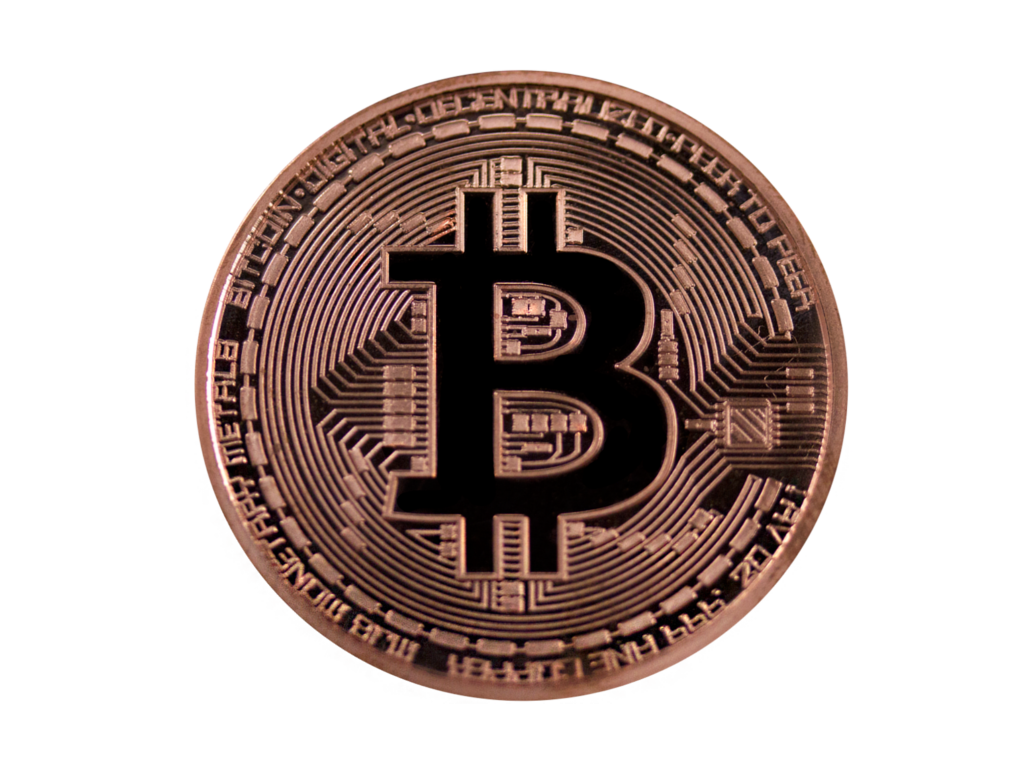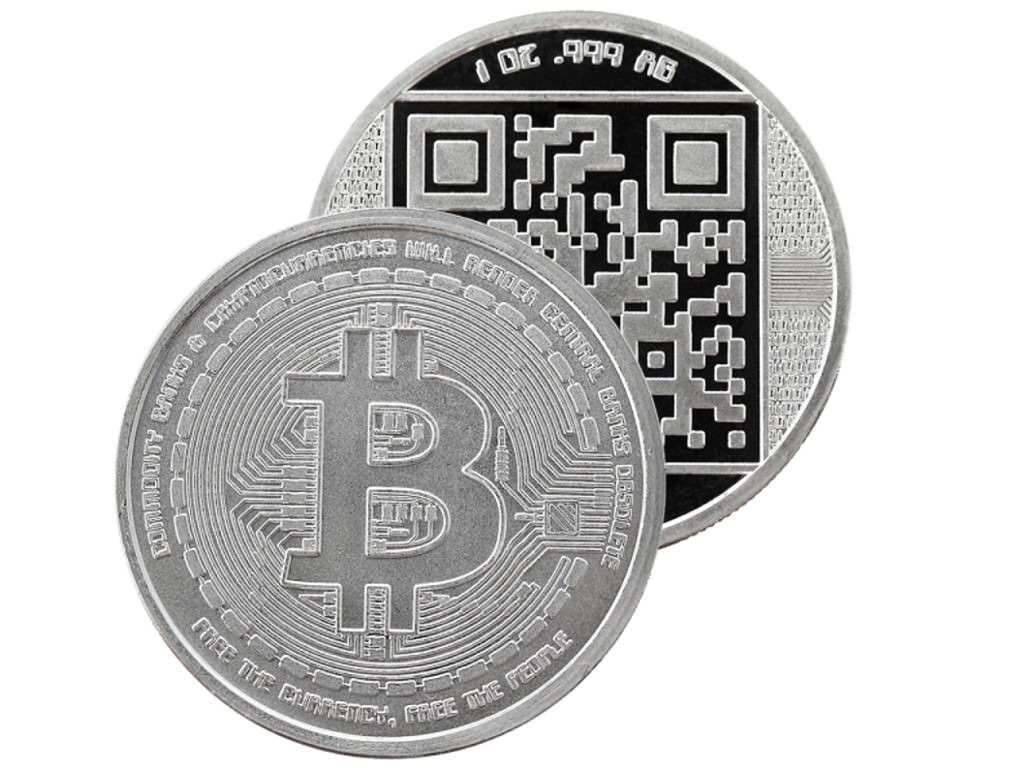
Capital One closes company's bank account over mere mention of bitcoin
Capital One has closed a bank account belonging to a company that produces metal medallions after it started selling commemorative silver and copper bitcoin coins.
Rob Gray, CEO of Mulligan Mint, Inc said Capital One gave him no warning before it closed his company's bank account. He has since contacted the bank, but isn't satisfied with its response.
"Nobody seems to know who makes decisions there, the local branch gave us nothing, merchant services told us our account was cancelled for selling bitcoin and they were not interested in discussing the issue further," Gray said.
Mulligan Mint does not accept bitcoin as payment for any of its products, the only connection with the digital currency is that it sells two types of bitcoin medallion. Both feature the bitcoin currency symbol on one side, set on a background of a computer circuit board.

capital-one-afraid-bitcoin
The silver version features the message “Commodity banks and crypto currencies will render central banks desolate - Free the currency, free the people” plus an operational QR code. When the code is scanned by a smartphone, it directs the user to Mulligan Mint's online store.
The copper medallion displays words that describe the currency’s key features: digital, decentralized and peer-to-peer.
Regulatory assault
Gray said US banks all seem to have a policy of not allowing their customers to facilitate transactions that include the buying and selling of bitcoin, and labelled it a "massive US regulatory assault on cryptocurrency".
He went on to say the person "watchdogging" for Capital One must not have read the product pages about the Mulligan Mint Bitcoin Coins as, if they had, they would realise they are merely a type of bitcoin merchandise and the company doesn't actually deal in digital currency. Gray added:
CoinDesk contacted Capital One, but they had not replied by the time of publication.
Mulligan Mint is currently searching for another merchant processor and, in the meantime, is using PayPal. Gray believes banks in the US will do everything they can to prevent bitcoin from growing, but he thinks digital currency will triumph, and then the banks will look for ways to control and profit from it.
With other countries talking a more relaxed approach to bitcoin, for example Germany, Gray said: "The real question is this – will the US banks join the rest of the world in time or be left out of the cryptocurrency party?"
Other banking troubles
Mulligan Mint is not alone in the banking problems it has been facing. In August, bitcoin exchange platform Tradehill suspended trading due to “operational and regulatory issues” faced by its bank – the Internet Archive Federal Credit Union (IAFCU).
, founder and CEO of BitBox, said his company's account with IAFCU was also closed.
"I do think they truly believe in bitcoin, but everyone's afraid of the regulators," he said, adding:
He went on to say BitBox is currently working with another banking partner, but would not name it as he said it was IAFCU's place in the spotlight as a bitcoin supporter that seemed to cause it problems.
On the brighter side, just this week, Kraken announced it had partnered with Fidor Bank to offer bitcoin trading services to its customers in the EU. This shows that there are some financial institutions and even regulators out there that are willing to take a chance on bitcoin.
DISCLOSURE
The leader in news and information on cryptocurrency, digital assets and the future of money, CoinDesk is a media outlet that strives for the highest journalistic standards and abides by a strict set of editorial policies. CoinDesk is an independent operating subsidiary of Digital Currency Group, which invests in cryptocurrencies and blockchain startups. As part of their compensation, certain CoinDesk employees, including editorial employees, may receive exposure to DCG equity in the form of stock appreciation rights, which vest over a multi-year period. CoinDesk journalists are not allowed to purchase stock outright in DCG.

